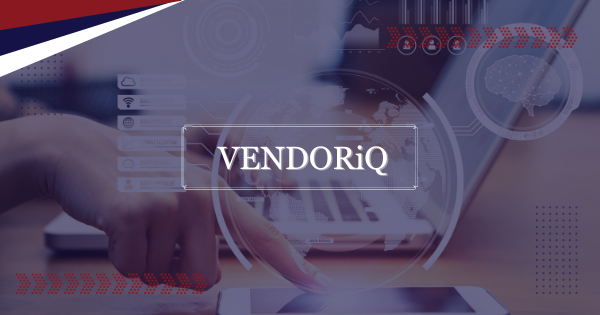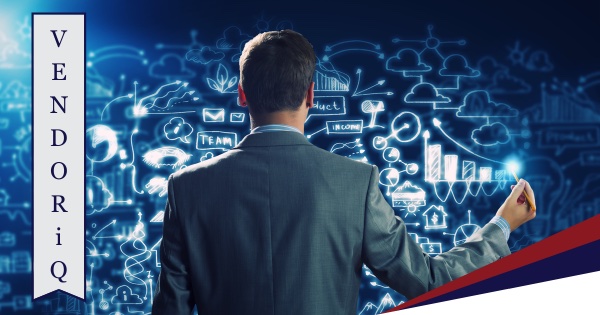
VENDORiQ: Atlassian’s $1Bn Browser Bet: A Productivity Play or a Costly Distraction?
Atlassian’s $610m browser acquisition is a high-stakes bet on secure, specialised AI productivity against free, embedded Microsoft/Google competition.

Atlassian’s $610m browser acquisition is a high-stakes bet on secure, specialised AI productivity against free, embedded Microsoft/Google competition.

For Azure Virtual Desktop, executives must choose: fully outsourcing daily ops, or empowering internal teams with specialised management platforms.

Neo4j’s Infinigraph architecture unifies transactional and analytical workloads at scale, simplifying data ecosystems and enabling real-time insights for AI.

Microsoft is bundling its specific Copilots into the main M365 license, signaling a shift to specialised AI tools embedded in daily workflows.

Adobe’s AI agents represent the natural evolution of ecommerce, moving beyond chatbots to integrated, multi-step workflows for customer self-service.

ICT leaders must scrutinise ‘open source’ AI claims; the provided code is often a wrapper for a proprietary, vendor-controlled backend, creating vendor lock-in.

ServiceNow’s Zurich release balances innovation with governance, focusing on multi-agentic AI development, enhanced workflow automation, and integrated security features.

Robodebt shows the need for governance to assess a project’s fitness for purpose, not just its budget and timelines.

Creative AI is evolving beyond manual prompting to programmatic, high-throughput image generation with enhanced governance and analytics features.